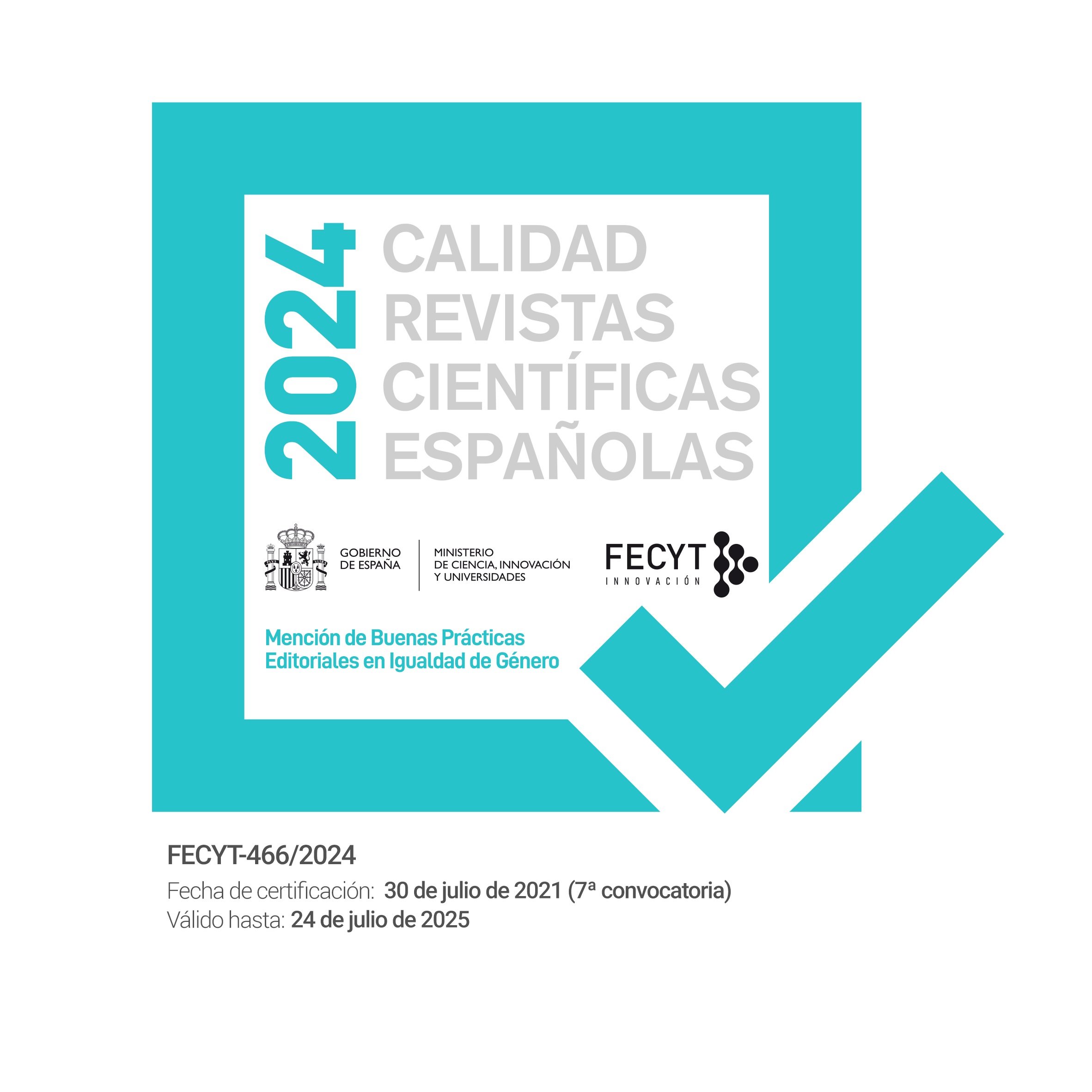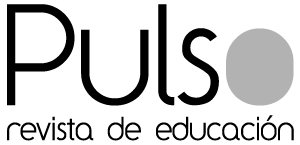E@: Educación Artística 3.0
DOI:
https://doi.org/10.7203/eari.3.2486 Abstract
Abstract
Resumen: utilizando un modo de expresión disruptivo y poco académico se pretende interesar a los profesores-artistas por el uso de las tecnologías de la información y comunicación para la Enseñanza Artística. Se presenta un espacio web, con formato de red social. Creada en 2009 por el grupo de investigación UAM-PR:007 “Recursos digitales para la Educación Artística”, pretende facilitar el desarrollo de actitudes abiertas y críticas ante la sociedad actual desdoblada entre el mundo real y el virtual, facilitar el aprendizaje continuo y a la actualización permanente que requiere el ejercicio de nuestra profesión.
Palabras clave: arte, educación, internet, red social, recursos digitales
Abstract: Using a disruptive way of expression and a style which is not very academic, the objective is to engage teachers in using ICTs for arts teaching. A website is shown, with a format similar to that of a social network. It was created in 2009 by the research group UAM-PR: 007 “Digital Resources for Arts Education”, and it aims to facilitate the development of an open and critical attitude towards society, divided into the real and virtual world, and to facilitate life-long learning and to constantly bring up to date knowledge, which is something required in our profession.
Key words: art, education, internet, social networking, digital resources
 Downloads
Downloads
Downloads
Published
How to Cite
-
Abstract458
-
PDF (Español)232
Issue
Section
License
![]()
Educación artística: revista de investigación (EARI) retains the proprietary rights (copyright) of published works, and favors and allows the reuse of the same under the license Creative Commons Attribution-Noncommercial Use 4.0 International License (CC-BY-NC 4.0), which allows third parties to use the published material whenever the authorship of the work and the source of publication is mentioned (journal, publisher and URL of the work), and it is used for non-commercial purposes.
Authors are encouraged to disseminate their work after it has been published, through the internet (for example, in institutional archives online or on its website) which can generate interesting exchanges and increase work appointments.








